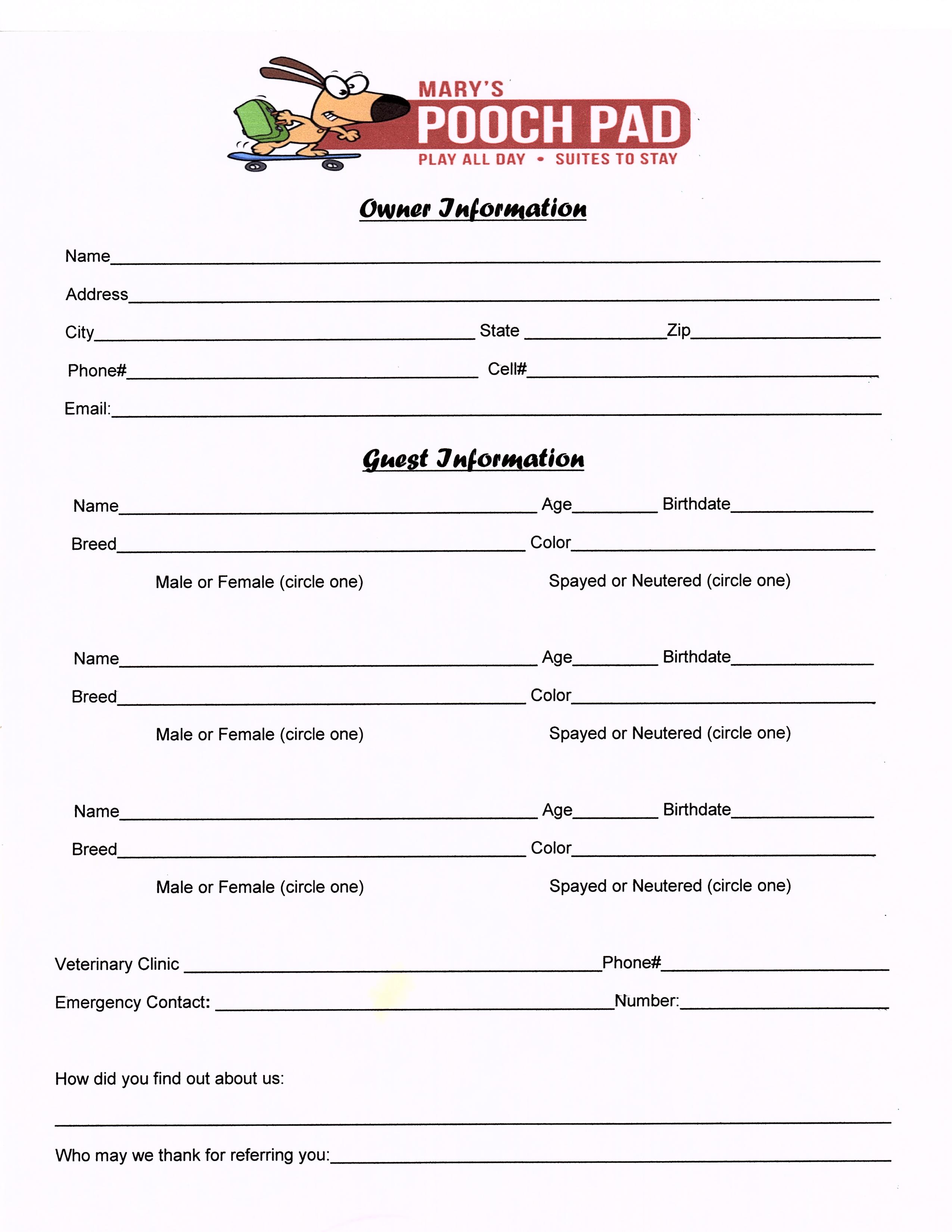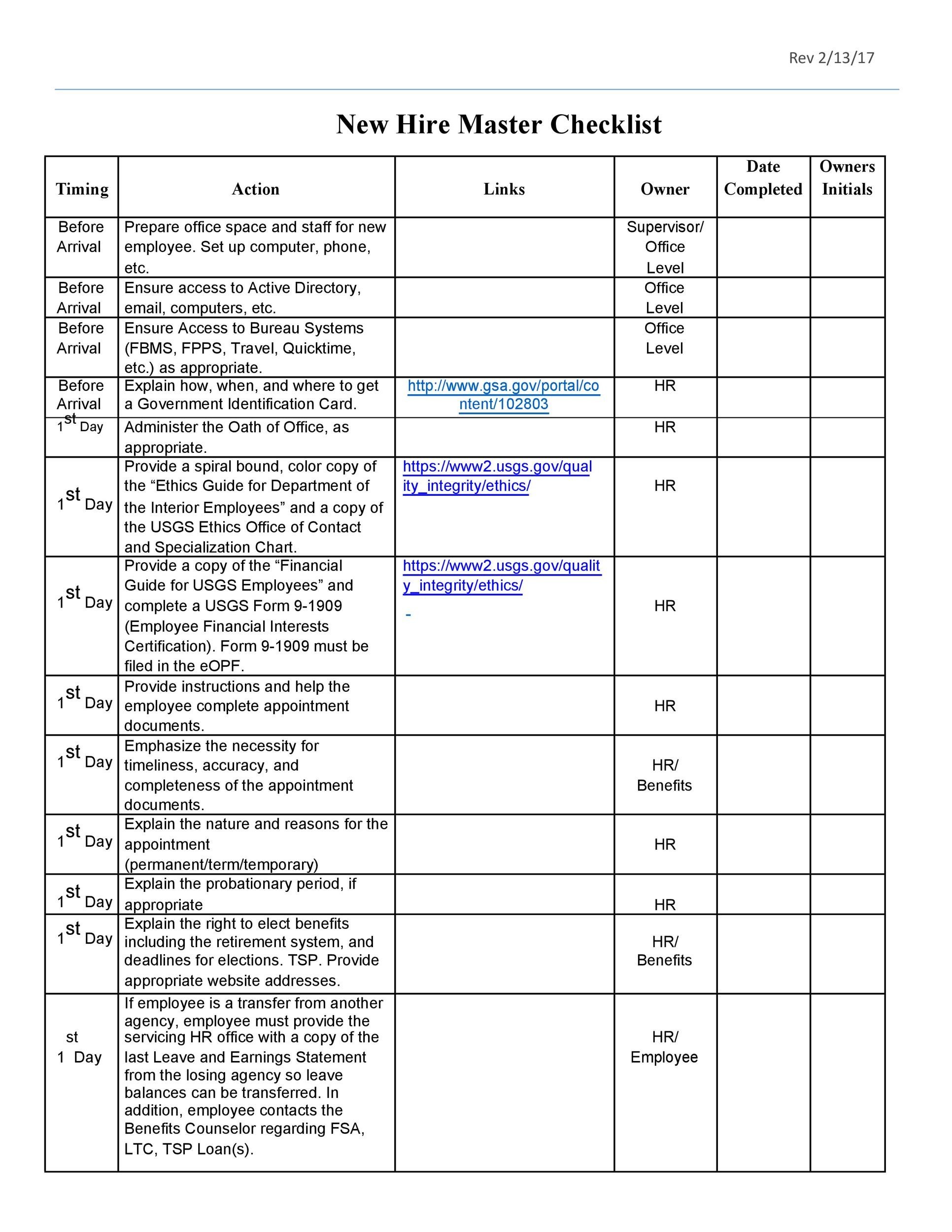Essential Paperwork for Freelancing: Your Checklist

Embarking on the journey of freelancing can be both thrilling and daunting. With the freedom to choose your projects comes the responsibility of managing your own business. One of the most crucial aspects of freelancing is ensuring you have all the necessary paperwork in order. From contracts to invoices, these documents serve as the backbone of your freelancing enterprise, providing legal protection, clarity in transactions, and a professional touch to your operations.
Starting with the Basics: Contracts

The foundation of any freelancing job is a well-drafted contract. This document outlines the scope of work, payment terms, deadlines, and any other necessary conditions agreed upon with your client. Here’s what should be included:
- Project Scope: Detailed description of what is expected.
- Payment: How much, when, and how payment will be made.
- Timeline: Expected start and completion dates.
- Confidentiality: Agreement on how sensitive information will be handled.
- Termination Clause: Conditions under which either party can terminate the contract.
- Intellectual Property Rights: Who owns the work and under what conditions.
✅ Note: Ensure your contract is clear, concise, and legally binding to prevent misunderstandings.
Setting Up Your Business Entity

Depending on your freelancing ambitions and local regulations, you might consider forming a business entity. Here are the options:
- Sole Proprietorship: Simplest form but least protection.
- LLC: Limited Liability Company, offers liability protection.
- Corporation: More complex setup but can offer significant tax benefits and growth potential.
📋 Note: Consulting with a lawyer or accountant can help you decide which business structure suits your needs.
Billing and Invoices

Once you’ve completed part or all of your work, it’s time to send an invoice. Here’s how to make your invoices professional:
| Invoice Element | Description |
|---|---|
| Date | When the invoice is issued. |
| Invoice Number | A unique identifier for accounting purposes. |
| Description of Work | List services or items billed, with hours if applicable. |
| Total Amount Due | Total billable amount, including taxes if applicable. |
| Payment Terms | When payment is due, penalties for late payments, etc. |
| Payment Method | How payment can be made (e.g., bank transfer, PayPal, etc.) |

Regularly keeping track of invoices and payments helps in maintaining a healthy cash flow and ensures you are paid for your work.
Taxes and Financial Management

Freelancing means handling your own taxes, which includes understanding:
- Estimated Taxes: Paying taxes quarterly instead of annually.
- Self-Employment Taxes: Which cover Social Security and Medicare.
- Deductible Expenses: From office supplies to home office deductions.
Maintaining meticulous records is key. Using accounting software can simplify this process, providing features for tracking income, expenses, and preparing for tax filing.
Insurance and Risk Management

As a freelancer, consider obtaining:
- Liability Insurance: To cover potential legal actions.
- Health Insurance: Since you’re not covered by an employer.
- Disability Insurance: In case you can’t work due to illness or injury.
⚠️ Note: Insurance can be a significant expense but provides peace of mind and protection against unforeseen events.
Document Organization: Keeping all documents well-organized is crucial. Use digital tools like cloud storage or document management apps to store contracts, invoices, expense receipts, and other essential paperwork. This not only saves time during tax season but also ensures you have everything needed if an issue arises.
Recapping this journey through essential freelancing paperwork, we've covered contracts, business setup, invoicing, financial management, and insurance. Each component plays a vital role in maintaining professionalism, legal protection, and financial stability. By staying organized and proactive, freelancers can navigate the administrative side of their business with confidence, allowing them more time to focus on their creative or technical work. Ensuring you have the right paperwork in place from the outset sets you up for success in the freelance world, enabling a smoother, more profitable, and secure business operation.
What’s the importance of a contract in freelancing?

+
A contract outlines the expectations and responsibilities for both the freelancer and the client, reducing the risk of misunderstandings and legal disputes.
How often should I invoice my clients?

+
This depends on your agreement with the client. Some freelancers invoice weekly, others monthly, or upon completion of specific milestones or projects.
Do I need to pay taxes on all my freelance income?

+
Yes, freelancers are required to pay taxes on all income earned. This includes self-employment taxes, which cover social security and Medicare.
Is it worth getting insurance as a freelancer?

+
While not mandatory, insurance provides essential protection against unforeseen circumstances, making it a prudent investment for freelancers.
How can I ensure my paperwork stays organized?

+
Utilize digital tools like cloud storage, document management apps, or accounting software that can automate and track your invoicing, expenses, and tax preparations.